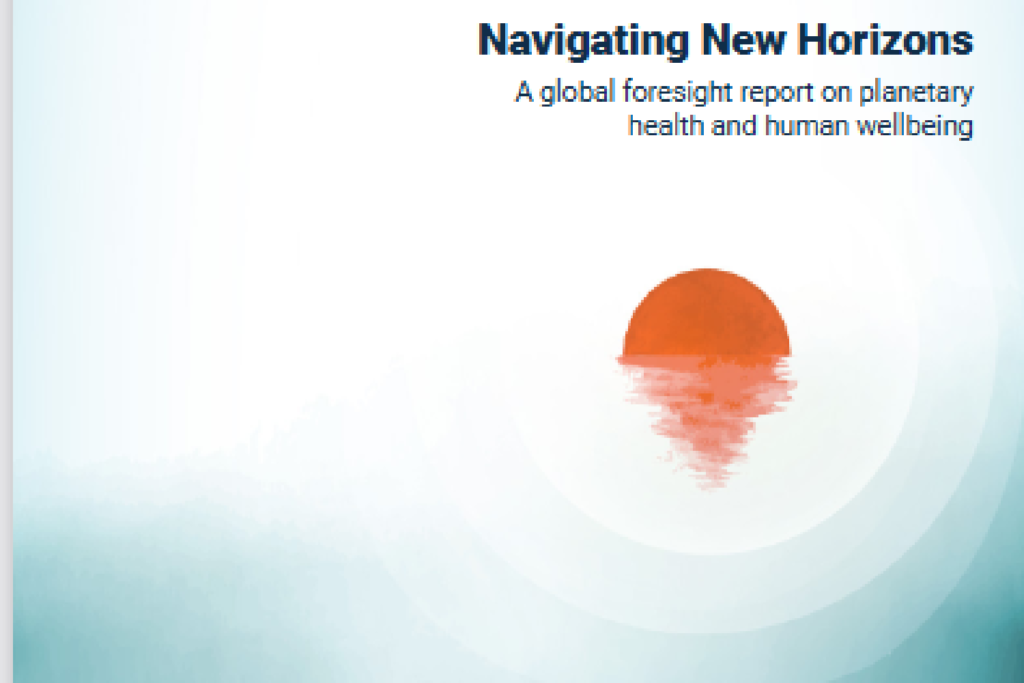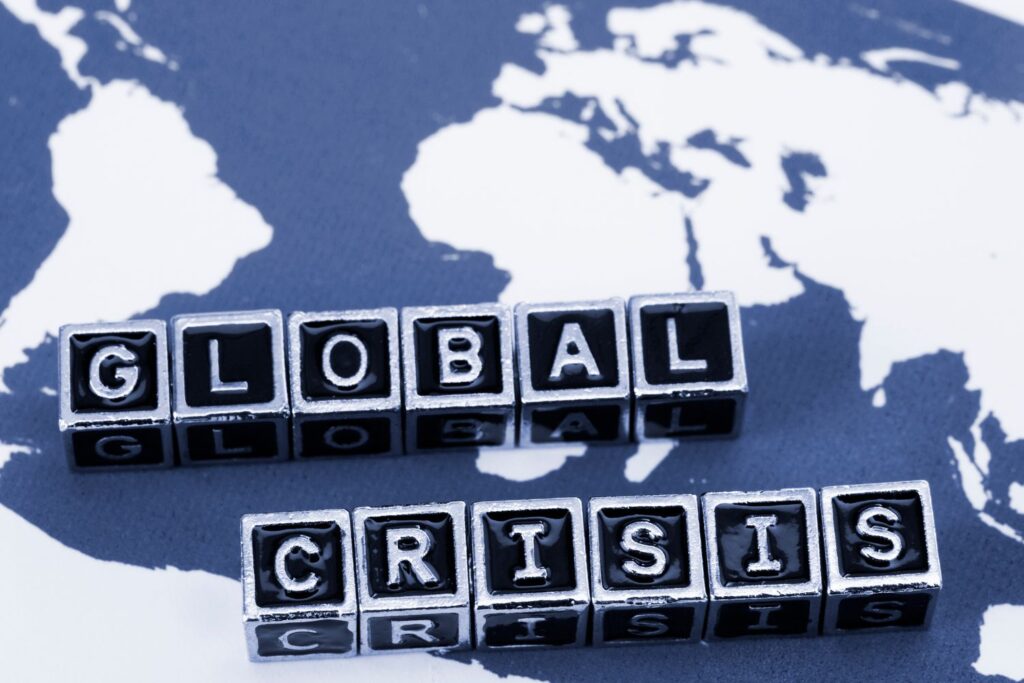New Responses to Systemic Risks: An Exploration 2025–2045
This report presents the results of a futures exercise led by ASRA to explore novel responses to escalating systemic risks between 2025 and 2045. Using the ParEvo method, a group of experts collaboratively developed storylines in response to a world shaped by compounding crises, culminating in a stress test based on a hypothetical global catastrophic […]
New Responses to Systemic Risks: An Exploration 2025–2045 Read More »









